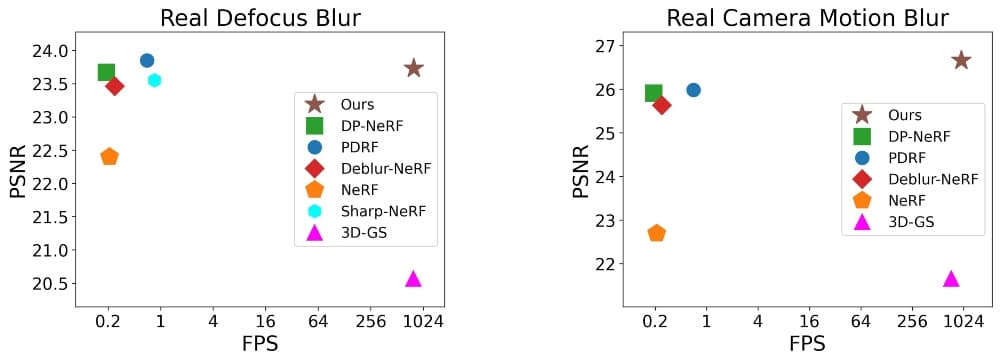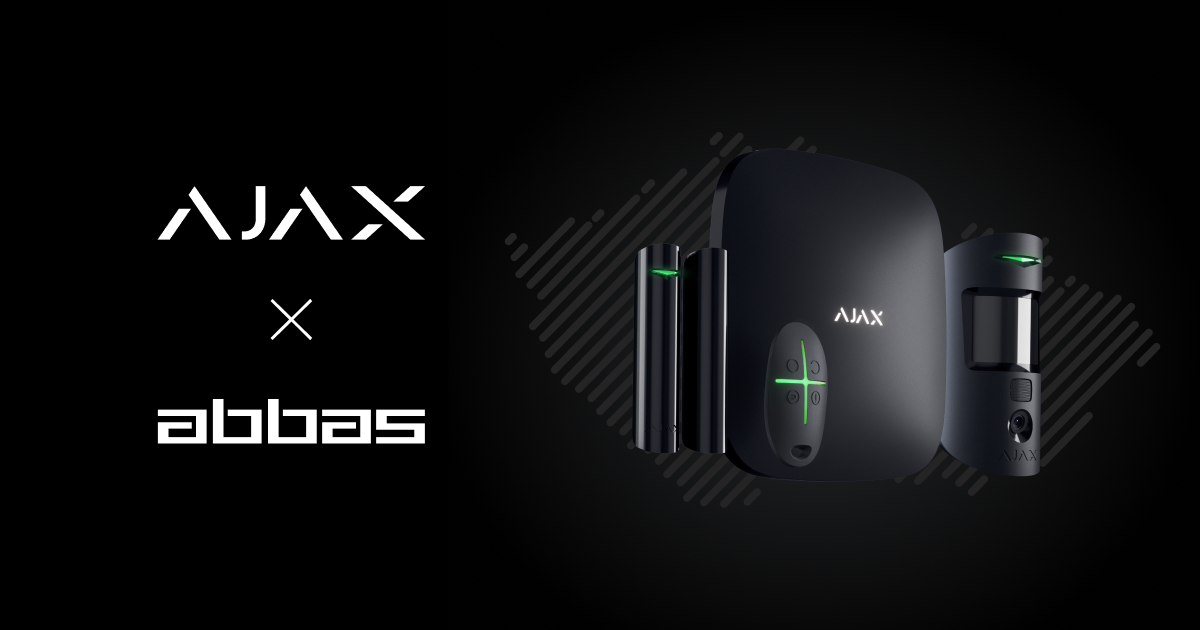Hanwha Vision has presented its deblurring research at the European Conference on Computer Vision (ECCV) in Milan, Italy, on 29 September.
ECCV is held every two years and is recognised as one of the top-tier computer vision conferences globally.
It is ranked alongside CVPR (Computer Vision and Pattern Recognition) and ICCV (International Conference on Computer Vision).
Deblurring methods
During the conference, Hanwha Vision showcased its latest research, demonstrating significant improvements in the clarity and detail of blurred images.
Hanwha Vision introduced the first deblurring technique applied to 3D Gaussian Splatting, a technology used in virtual and augmented reality.
Hanwha Vision has overcome the limitations of the traditional 3D Gaussian Splatting in handling blurred images, resulting in a substantial boost in image sharpness and processing speed.
This innovative model surpasses other existing state-of-the-art techniques, including those based on NeRF (Neural Radiance Fields), a core technology for the metaverse.
It delivers superior visual quality while further accelerating rendering speeds.
“Opens new possibilities in image restoration”
Jeongeun Lim, Head, Hanwha Vision AI Lab commented: “This research marks a major milestone by addressing the limitations of 3D Gaussian Splatting while enhancing its strengths through deblurring technology.”
Lim added: “It opens new possibilities in image restoration. Hanwha Vision will keep pushing the boundaries in video surveillance and computer vision through proactive research and development.”
The study and scholarships
The study was led by a Senior Research Engineer, Howoong Lee. Hanwha claims the study highlights its commitment to nurturing the top AI talent and supporting employee development.
Lee is a graduate from Sungkyunkwan University and was a part of the company’s Science and Engineering Scholarship Program.
The program was designed to cultivate experts in the rapidly expanding AI sector.
It provides exceptional employees with unique opportunities to become AI specialists, fostering positive experiences, loyalty and commitment within the organisation.
Lee commented on the opportunities that Hanwha’s scholarship program gave him by stating: “Thanks to the company’s support, I was able to explore the cutting-edge technology and achieve innovative results.
“With Hanwha Vision behind me, I look forward to continuing my research and contributing to further technological advancements.”
Employee development
Hanwha Vision’s commitment to employee development extends beyond scholarships.
Hanwha’s ‘Community of Practice (CoP)’ allows an environment where employees of all levels can share their knowledge and learn from each other.
The collaboration culture and continuous learning encourages employees to explore new ideas and technologies.
Since establishing its AI Lab in 2019, Hanwha Vision have continue to develop proprietary AI algorithms that power its products and solutions.
Hanwha Vision’s collaboration with institutions like the Gwangju Institute of Science and Technology (GIST) strengthens the importance of academia and industry which will contribute to the further advancements of AI technologies.



